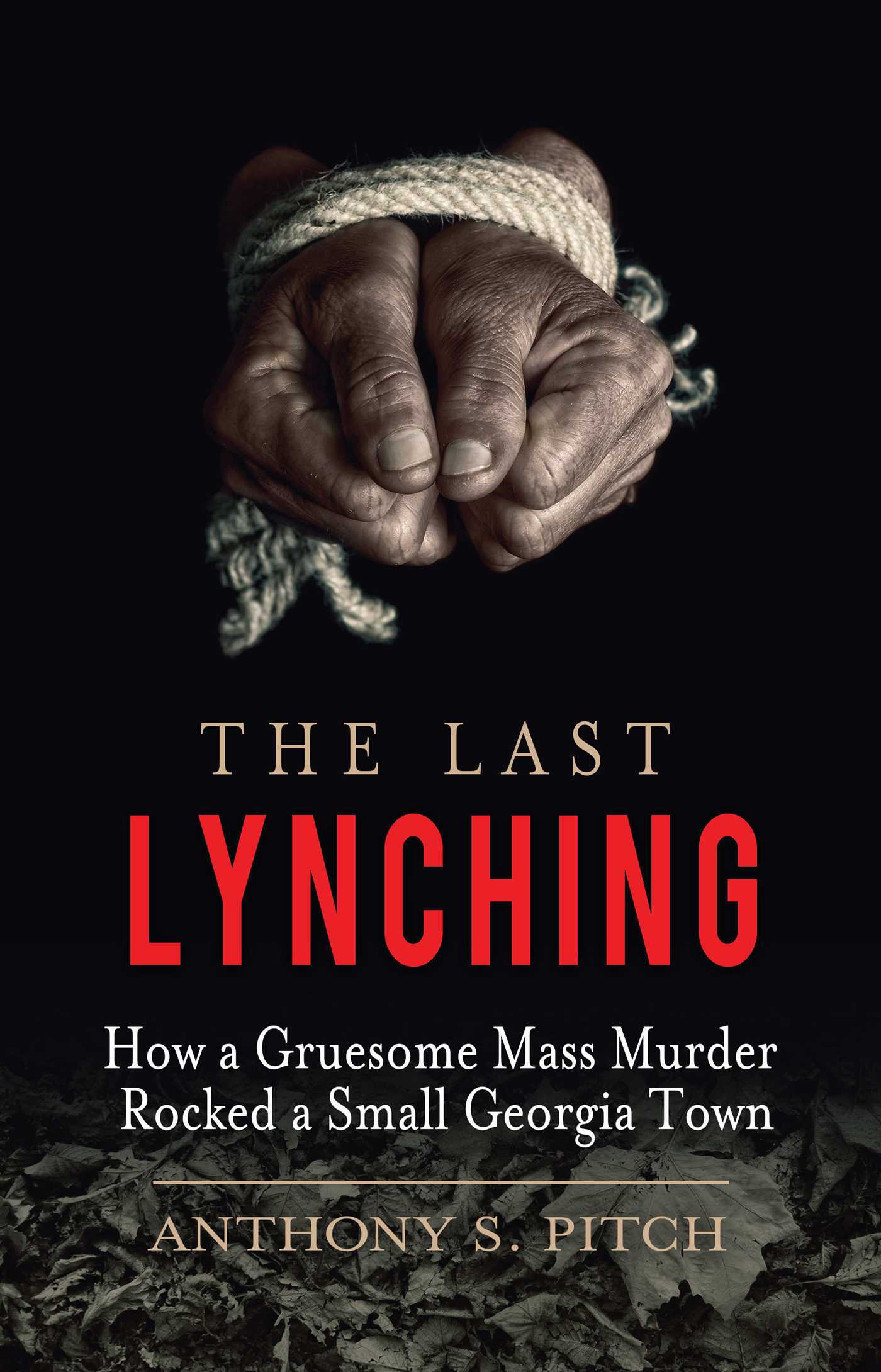The Last Lynching
Nothing casts a more sinister shadow over our nationâs history than the gruesome lynchings that happened between 1882 and 1937, claiming 4,680 victims. Often, in a show of racist violence, the lynchers tortured their victims before murdering them. M...
Read more
Nothing casts a more sinister shadow over our nationâs history than the gruesome lynchings that happened between 1882 and 1937, claiming 4,680 victims. Often, in a show of racist violence, the lynchers tortured their victims before murdering them. Most killers were never brought to justice; some were instead celebrated as heroes, their victimsâ bodies displayed, or even cut up and distributed, as trophies. Then, in 1946, the dead bodies of two men and two women were found near Mooreâs Ford Bridge in rural Monroe, Georgia. Their killers were never identified. And although the crime reverberated through the troubled community, the corrupt courts, and eventually the whole world, many details remained unexplored until now. In The Last Lynching, Anthony S. Pitch reveals the true story behind the last mass lynching in America in unprecedented detail. Drawing on some 10,000 previously classified documents from the FBI and National Archives, Lynched paints an unflinching picture of the lives of the victims, suspects, and eyewitnesses, and describes the political, judicial, and socioeconomic conditions that stood in the way of justice. Along the way, The Last Lynching sheds light into a dark corner of American history which no one can afford to ignore. Skyhorse Publishing, as well as our Arcade imprint, are proud to publish a broad range of books for readers interested in history--books about World War II, the Third Reich, Hitler and his henchmen, the JFK assassination, conspiracies, the American Civil War, the American Revolution, gladiators, Vikings, ancient Rome, medieval times, the old West, and much more. While not every title we publish becomes a New York Times bestseller or a national bestseller, we are committed to books on subjects that are sometimes overlooked and to authors whose work might not otherwise find a home.
Less
